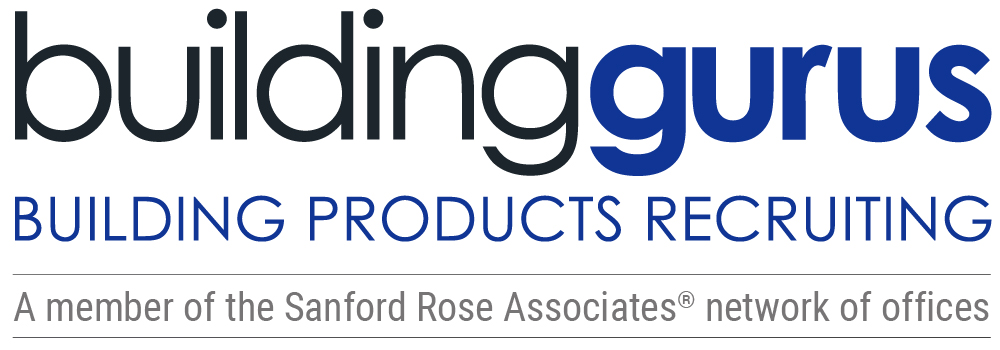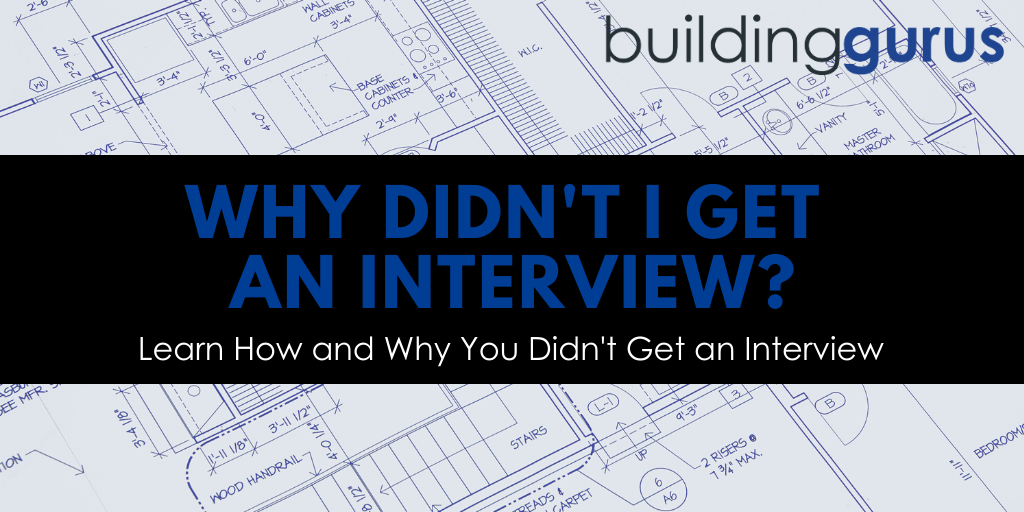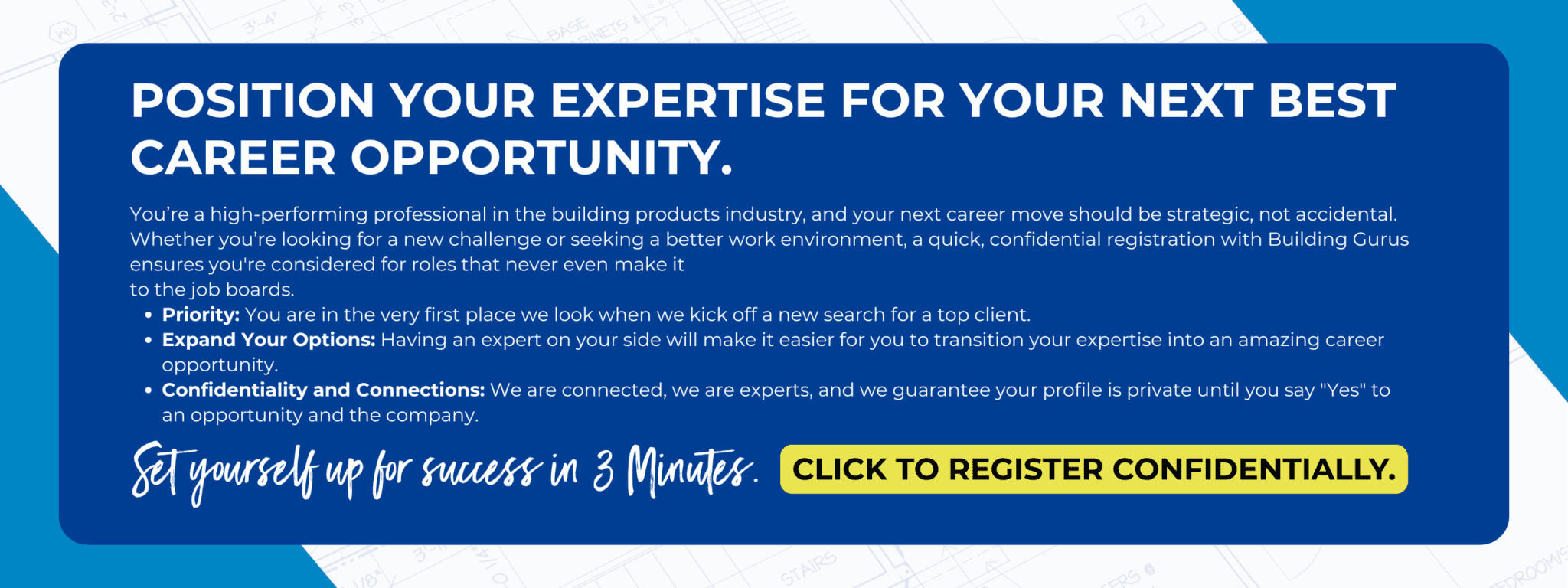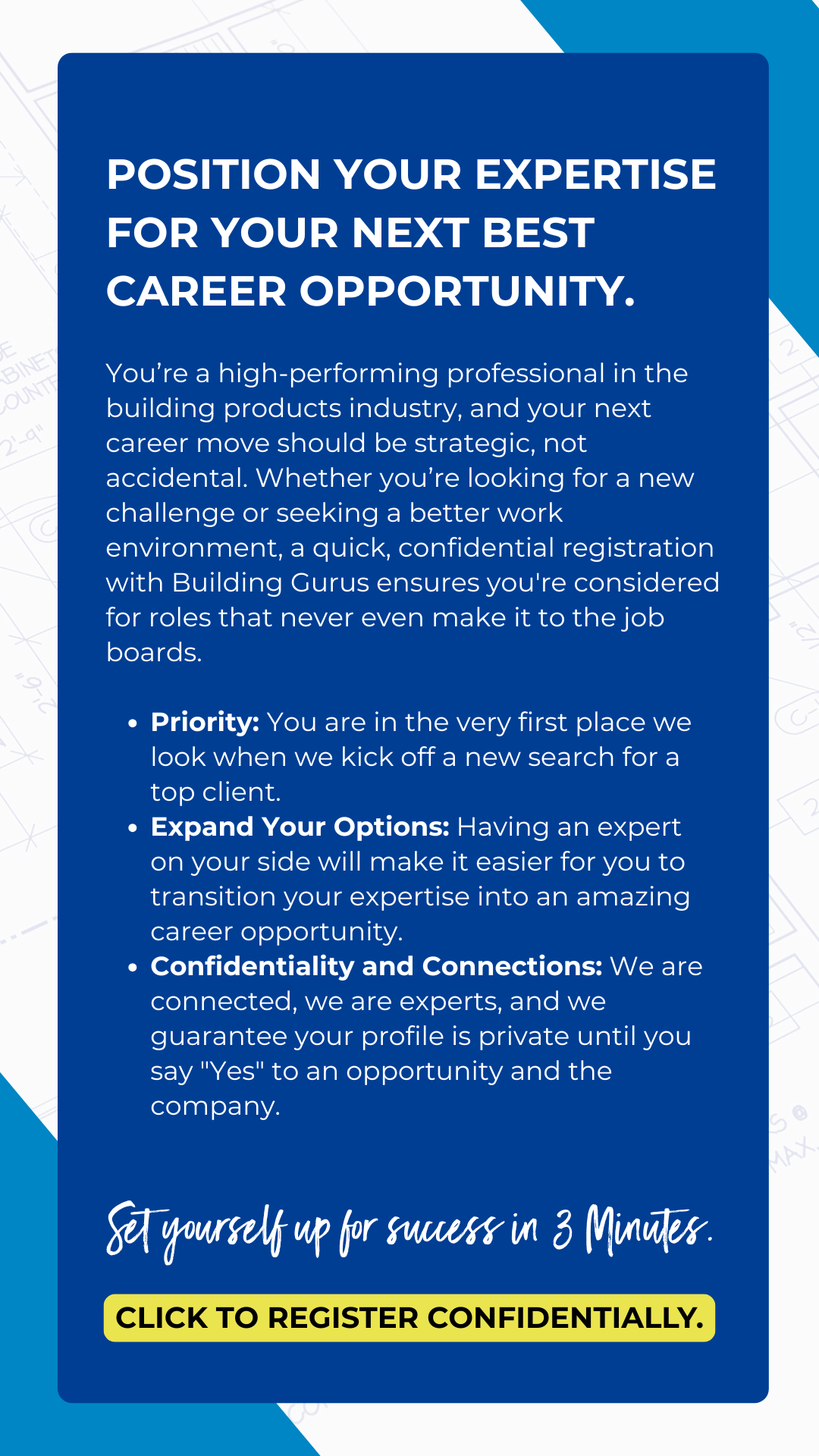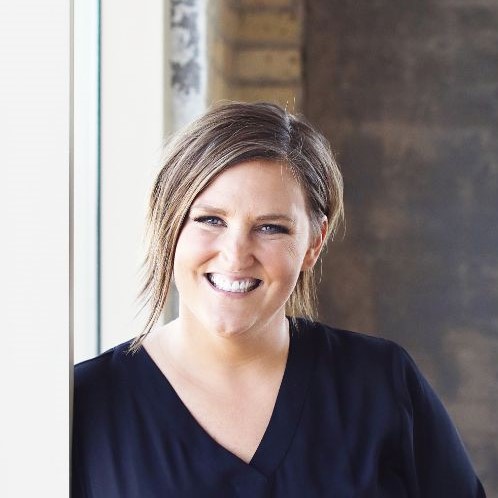When you're looking for a job, sending out resume after resume and not hearing anything back is one of the most frustrating experiences for people. It's almost worse than going on an interview and not being selected because at least in those situations you can think about the interview and realize the areas you may have come up short in. Plus you can even get feedback on why you weren't selected (especially if you know the right question to ask at the end of the interview…hint.. the question is “Is there anything I've said today or lacking in my experience that makes you think I'm not the best candidate for this role?”) They won't always answer with great detail, but when they do you'll know where you stand.
 But, back to the “black hole” of applying for jobs online. You may have seen one of my other posts “How To Review A Resume in 10 Seconds” It's about how people tasked with reviewing resumes can do it quickly (obviously!). Thanks go out to Kevin for making a joke in the comments about hoping that people take more than 10 seconds to review his whole career! I wanted to take a few minutes and explain it so if you're feeling frustrated by your lack of response you'd have some ideas about what you may need to fix.
But, back to the “black hole” of applying for jobs online. You may have seen one of my other posts “How To Review A Resume in 10 Seconds” It's about how people tasked with reviewing resumes can do it quickly (obviously!). Thanks go out to Kevin for making a joke in the comments about hoping that people take more than 10 seconds to review his whole career! I wanted to take a few minutes and explain it so if you're feeling frustrated by your lack of response you'd have some ideas about what you may need to fix.
First off, for very large companies, the first review is likely automated and done by software that is programmed to look for keywords or a match to the job description. This is why it's important to use keywords from the job posting in your application resume to up your chances of getting flagged as a match. For smaller companies, it's often reviewed by a human.
Which got me thinking that I can answer the real question – which is “Why Didn't I Get Selected For An Interview? So, I'm going to do my best here to share why you may not have made it past the initial resume review to the first interview. First things first (these are the questions they are looking to answer in the 10-second review).
Location: Do you live in a commutable distance from the job's location? If not, you're likely to be excluded immediately. Willing to relocate for it? Most jobs don't offer a relocation package, so if you're willing to pay to relocate yourself and family, be sure to include it on your resume contact information. Otherwise, don't be surprised if you don't get a call back from an area you'd like to move to.
Title: Does your past work experience and titles line up with the role you applied for? If you're applying for an outside sales role and the closest you've come to sales is customer service, it's probably too big of a leap for them to consider for a role they need someone to hit the ground running on. Also, there are probably several if not many candidates with the right work experience that will push you further down the line of consideration. Or are you feeling desperate and starting to apply for jobs that are beneath you? Companies typically don't want to hire someone who they fear is going to be looking to get back where they were (either in compensation or position) in a year or two. It may not be fair, but it's a real concern most companies have.
Products + Channels: There are many different types of businesses, types of customers, and types of products. If it's a role that industry knowledge and connections matters for you may be removed from consideration simply because you don't have the right knowledge. In the case of building products, if you can't read blueprints and do a take-off and apply for a sales job to builders and contractors, most of my clients wouldn't consider you. If you're not in building products or construction you probably don't know what a take-off is.
Past Success: Chances are your resume is way more about “what” you did, than “how well” you did it. I've been preaching this for years, and I'm still surprised how many resumes look like a copy and paste of their job description. Hiring Managers are much more interested in how well you did it than just a listing of what you did. Quantifiable results (like improved sales from 93% to plan to 104% to plan in just 6 months) are the best, and if you can't remember if it's 93 or 94% don't stress about it, if you can't recall the exact amount, it's unlikely a recruiter or hiring manager can.
Just be sure you're telling the truth on your resume because if the hiring manager is following my interviewing advice they're going to try to get you into a deeper dialogue about that success – and if you lied, they'll know. But, don't exclude it if you're not sure of a small detail. Also, if you're not in an easily quantifiable role like sales, use awards or recognition of success. To make your successes and achievements easy to spot on your resume (because remember, they're skimming it, not reading it) use bold and italics to draw attention to key highlights.
Visual Appeal: The reality is you're being judged. We assume this is you putting your “best foot forward” and that you're trying to impress us. If your resume is all the same size font, if it appears to be a copy and paste of your job description, if it has typos (watch out for detail-oriented, if I see that spelled wrong, I get the giggles and it's pretty much over from there.) The most common one is Manger for Manager – because Manger is a word, you're not going to get a red squiggly alert that somethings gone wrong… but to those of us reviewing your resume it sticks out like a sore thumb.

There are about a million templates for resumes online, some of them will help you and some are built by designers and don't consider how they will be “read” by the software tools almost every recruiter (corporate or third party) uses. For example, my ATS doesn't import contact information if it's in a header, so if your template has all your contact information in a header you show up with no name, no email, no phone number – and thus you don't show up in lists even if your full resume is in the resume tab, they may not take the time to dig it up if they have 100+ in the to review list.
Beyond the 10 second review.
You're really NOT qualified. If it says 10 years of experience required and you have 3, you simply don't have the experience they need. You may be able to get by with fewer years of experience if it's an industry that is experiencing a labor shortage, but for most mid-level and up to professional roles it's not going to drop by much if any. I suggest applying if you meet 70% of the experience they want. Ironically, it seems that candidates who are more qualified have more self-doubt, they won't apply if they can't check almost every box on the job posting and candidates that are barely (if even) qualified are very optimistic and happy to spend a minute or so firing off their resume. *It's these optimistic, but unqualified candidates that necessitated the need for a 10-second resume review, btw.
You haven't spent time making your resume and LinkedIn profile work for you. This means discovering keywords that are relevant in your industry and in your desired positions and peppering them throughout your resume and once your resume is updated, using that to update your LinkedIn profile. Keywords are how recruiters and hiring managers find you on LinkedIn. Joining relevant groups is also helpful.
You were late to the party. Yes, some job postings list a closing date, but many times the applications are being reviewed and interviews are started before the close date. You may have applied after they already had a candidate they wanted to hire. It's better to be early to apply.
You think your best chance at a new position is through a recruiter. This is such a common misconception that I should have put it closer to the top. The reality is that 3rd party recruiters are paid by the hiring manager and company. Our loyalty is to our customer, you are in essence our product. May not be nice to hear, but it's the reality. Most recruiters and recruiting firms first priority is to fill the positions their clients have asked them to fill.
A smaller section of recruiters and firms will market great candidates to companies to see if they have a need for someone with that experience, but the reality is it's a long shot that a cold call will lead to a job offer for you. It's more likely to lead to the recruiter getting a search for a different role with the company they marketed you to. Now, I'm not saying it's impossible, just that it's fairly unlikely unless the recruiter has an existing relationship and knowledge that you are the type of candidate the company tends to like. Just to clarify, I've “shopped in” many candidates to my clients without a job order and gotten them hired. I'm talking about when they're cold calling companies marketing you.
Again, our fees aren't cheap. So, the hiring manager has to feel very strongly that the candidate is worth the fee. So, they need to check every box, be sure they can hit the ground running, confident their a fit with the culture and will stick around, and ultimately worth the added cost of the fee on top of their on-boarding, training, and payroll costs for the new hire. The smallest blip can take a candidate out of consideration, so the bar is much higher if you come through a recruiter than if you applied directly to a posting.
I hope this has helped give you some awareness from “the other side of the black hole.” This article isn't likely to be popular, but, I've been an HR Manager and Business Owner and hired over 500 people and I've been a third-party, direct-hire, recruiter (aka Executive Recruiter or Headhunter) and placed 550+ people. I've spent my entire career (since 2001) on the “hiring” side of the desk – so I feel confident sharing this information with you. I hope it helps you understand what can be a very frustrating part of looking for a new role!
Tiny mistakes can make you lose big opportunities!
